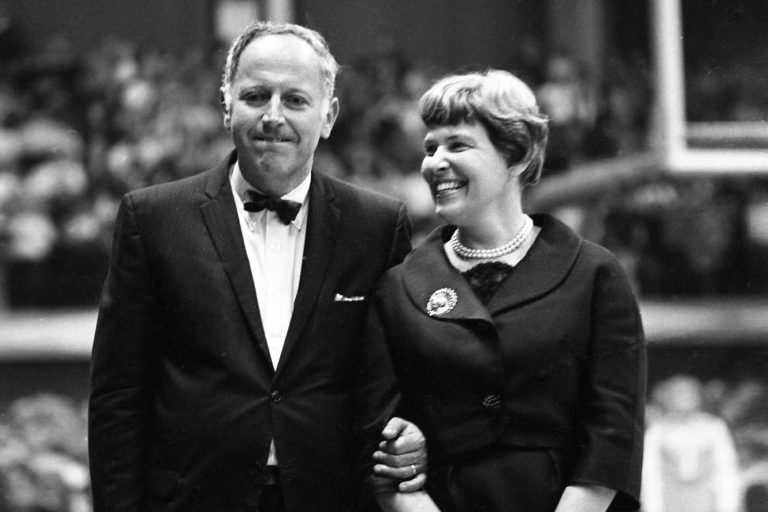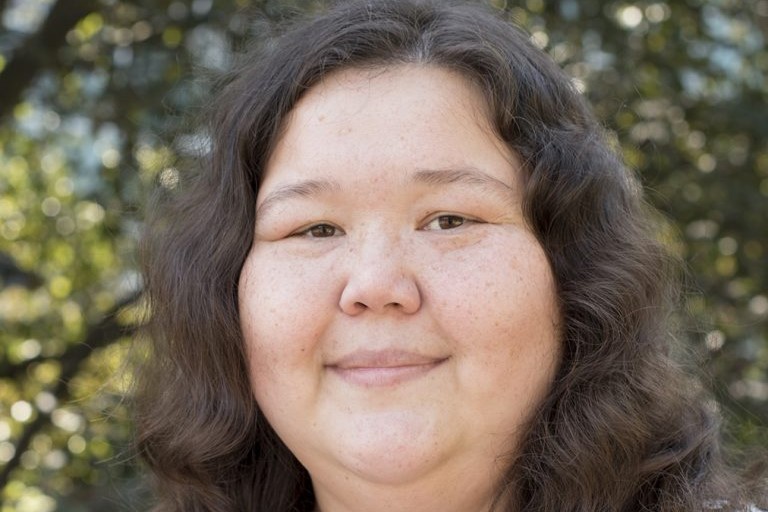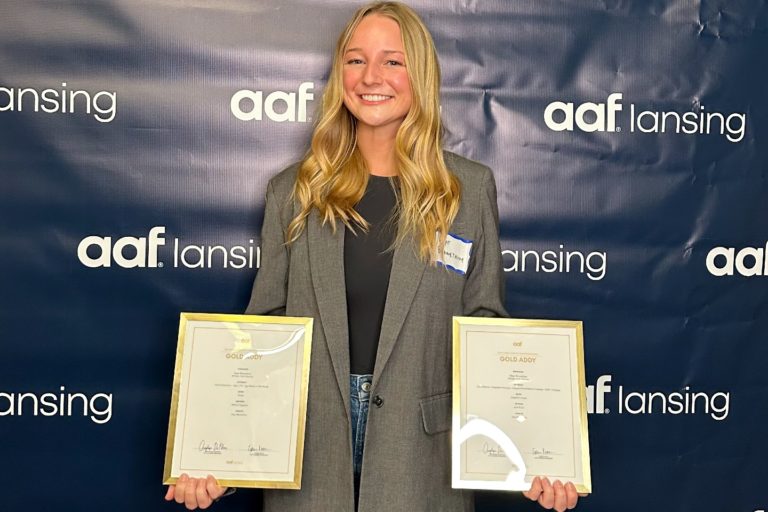
The MI Diaries project, run by MSU’s Sociolinguistics Lab and led by College of Arts & Letters’ Assistant Professor of Linguistics Betsy Sneller and Associate Professor of Linguistics Suzanne Wagner, was awarded a $265,830 grant from the National Science Foundation (NSF) to support the expansion of the project over the next three years.
Since MI Diaries first began in April 2020, the project has collected recorded speech from Michigan residents to track changes to language and to capture people’s day-to-day experiences during the COVID-19 pandemic. As a response to pandemic lockdowns, the project uses innovative data collection whereby participants self-record audio “diaries” at home.

The MI Diaries research team now is looking beyond the pandemic and has launched a custom mobile app for iOS and Android, which makes it easy for anyone to contribute their own recordings and image submissions.
“The NSF grant will support the improvement and expansion of the MI Diaries infrastructure to optimize participant recruitment and retention through the development of improved technology (a gamified app) and the development of long-term community partnerships with youth organizations across Michigan,” Sneller said. “We are really excited about all the possibilities this gives us, especially for extending our community partnerships with schools and youth programs.”
We are really excited about all the possibilities this gives us, especially for extending our community partnerships with schools and youth programs.
Betsy Sneller, Assistant Professor of Linguistics
The NSF funding will be used to expand and optimize the existing data collection infrastructure so that it can be shared with and adapted by other (socio)linguists.
“As we do this, we will conduct two initial studies of sociolinguistic development that can be readily undertaken with our data. The studies will also add new knowledge of ongoing sound changes in Michigan English,” Sneller said. “The project infrastructure, once fully established and optimized, can be maintained in the long-term with internal funds, supporting our continued inquiry into sociolinguistic development and lifespan change.”

The MI Diaries team will make their app code public so that other scientists can adapt it for their own use. Anonymized audio and transcripts also will be made available to the public and other researchers in perpetuity via a public library repository with the Library of Michigan.
“We, therefore, see MI Diaries as supporting a vision of 21st-century sociolinguistics in which remote collection of informal spontaneous speech operates alongside face-to-face techniques,” Sneller said.
Diaries have long been important tools in human history for recording events and experiences. The information they contain contributes to our factual knowledge of the past and to our understanding of our cultural heritage. More than written diaries, audio recording allows diarists to express themselves in ordinary casual ways, giving researchers a clearer view of everyday language in the past and the present.

The audio diaries collected by the MI Diaries project provide several benefits for linguistic research. First, by obtaining speech data from participants across a wide geographic area, which allows for a large-scale analysis of ongoing language changes in Michigan English. Second, repeated diary entries from the same individual speakers enable researchers to track individual participation in community-level sound change in real-time. Third, leveraging the genre of diary entries results in important personal social insights from speakers, which enriches sociolinguistic analysis.
MI Diaries has piloted successful community partnerships with schools, libraries, and youth organizations across Michigan, giving kids and adults across the state a chance to add their stories to this historic corpus. To learn more about how MI Diaries could partner with your organization, please get in touch with Dr. Sneller (sneller7@msu.edu).


